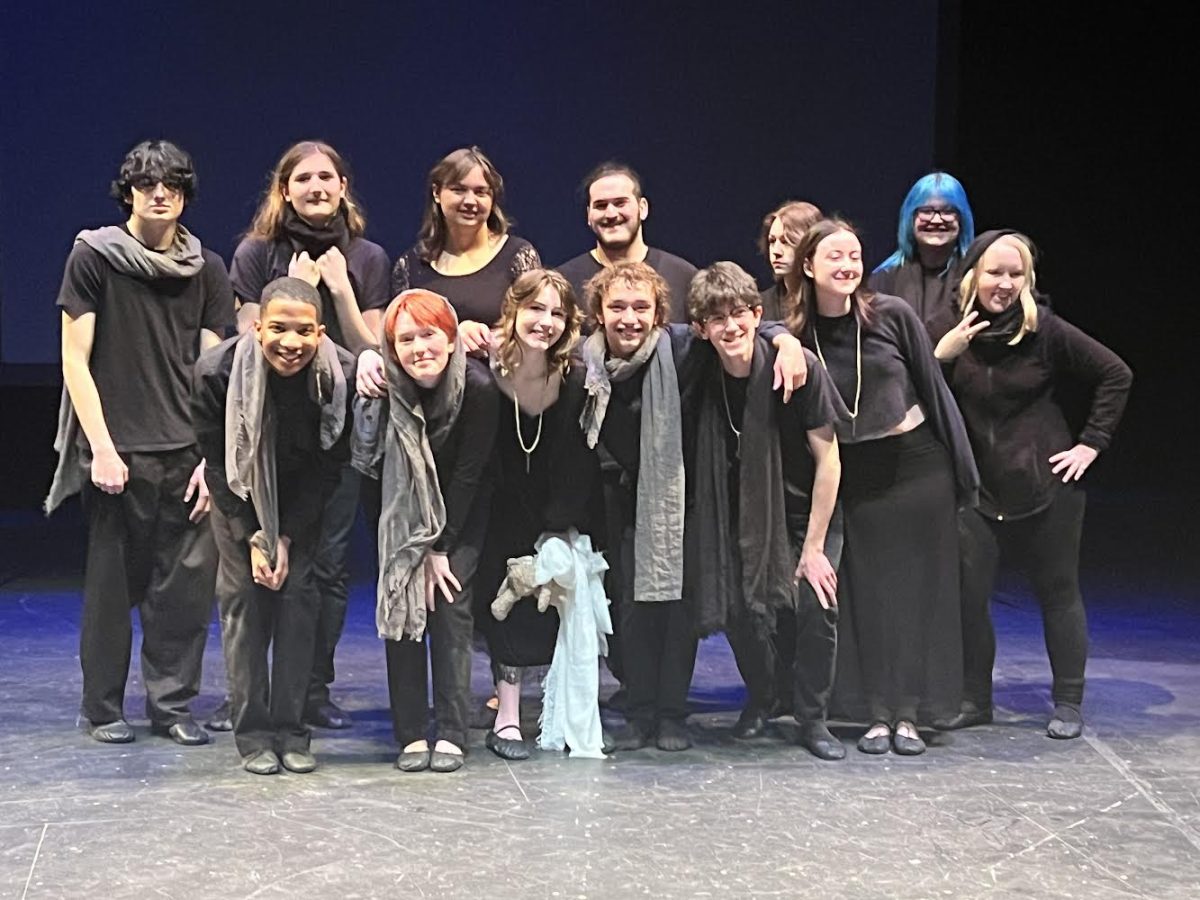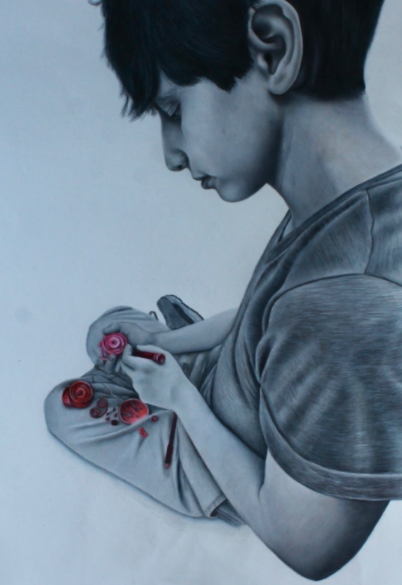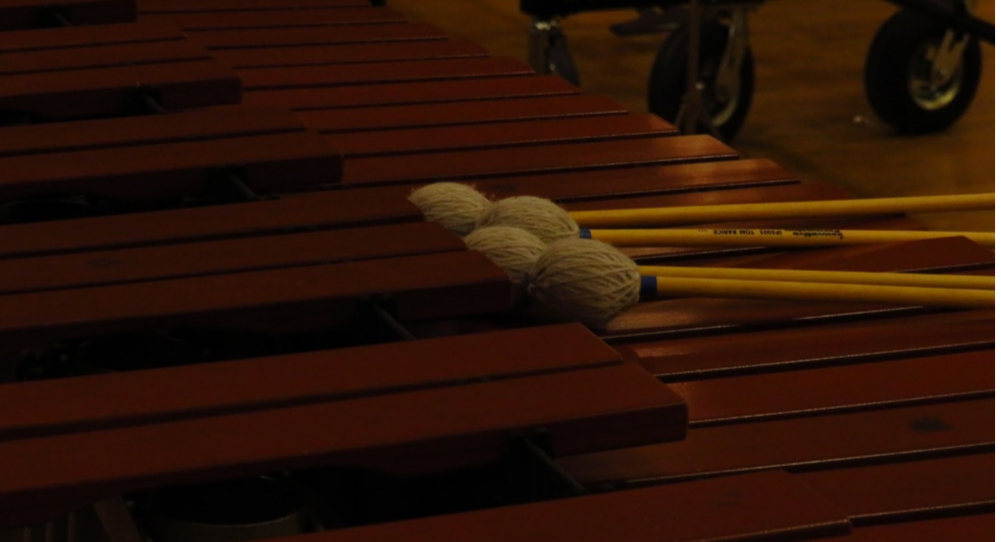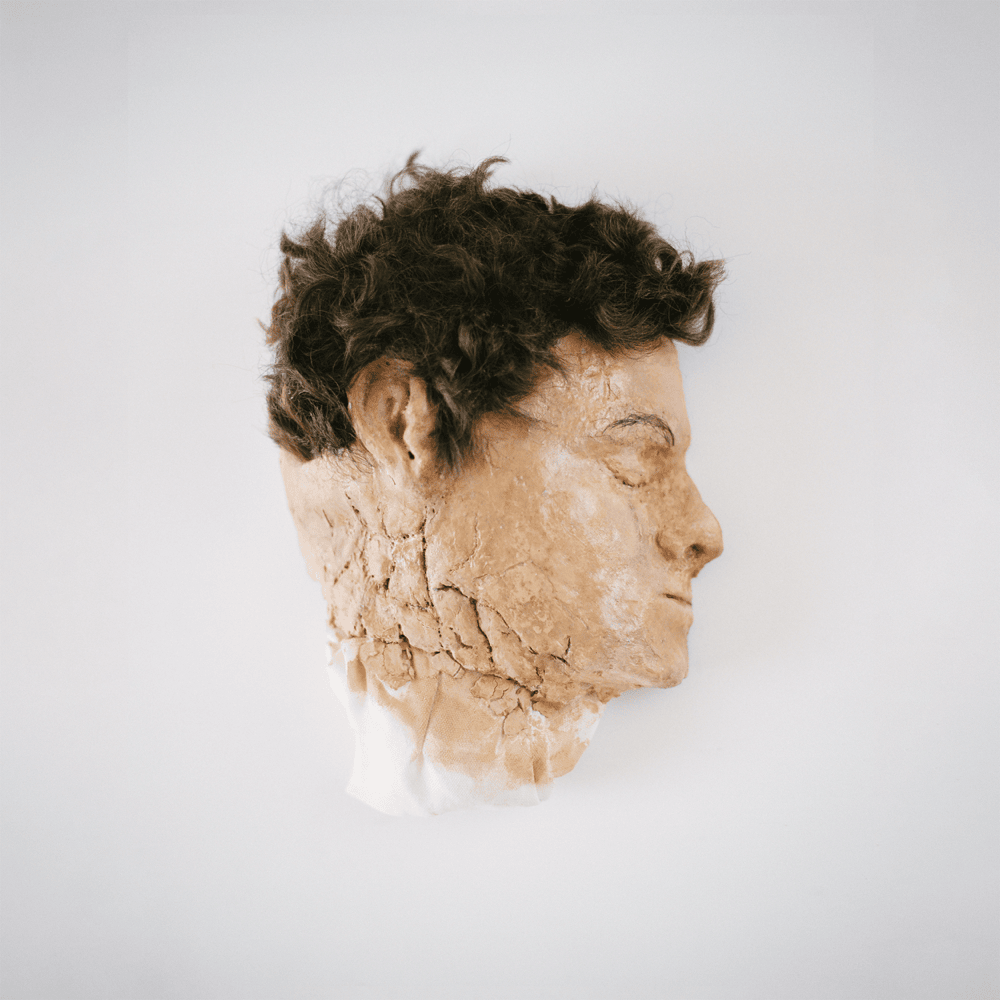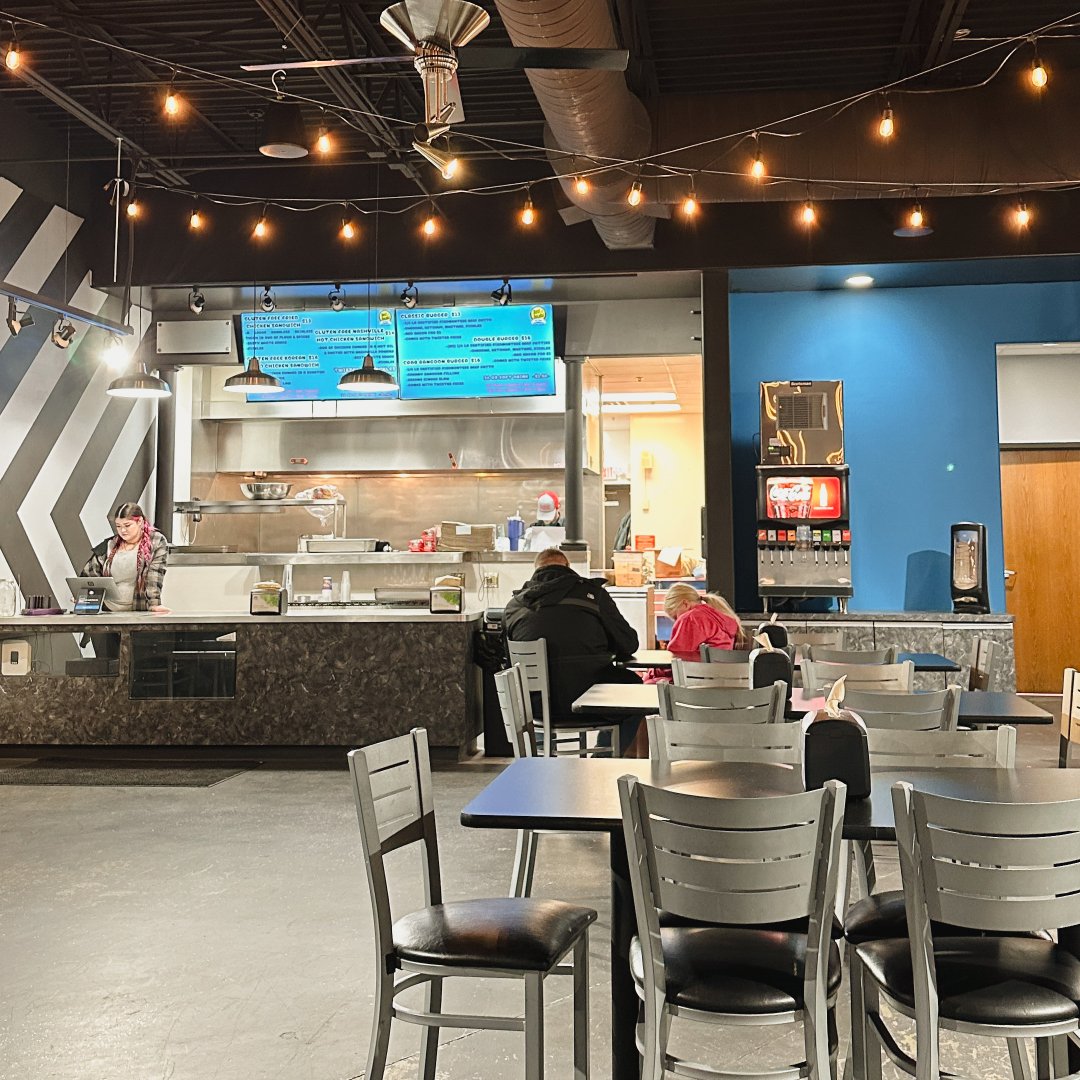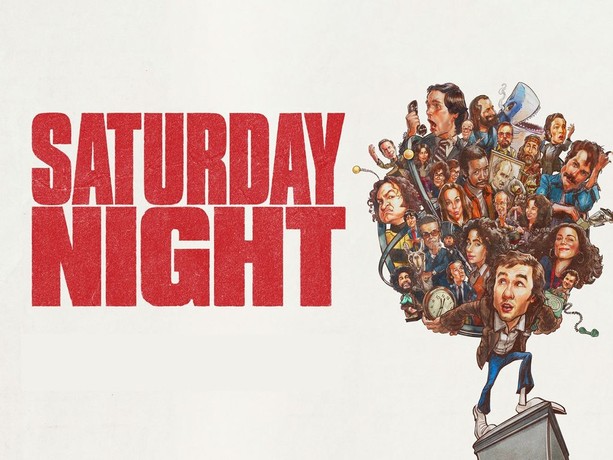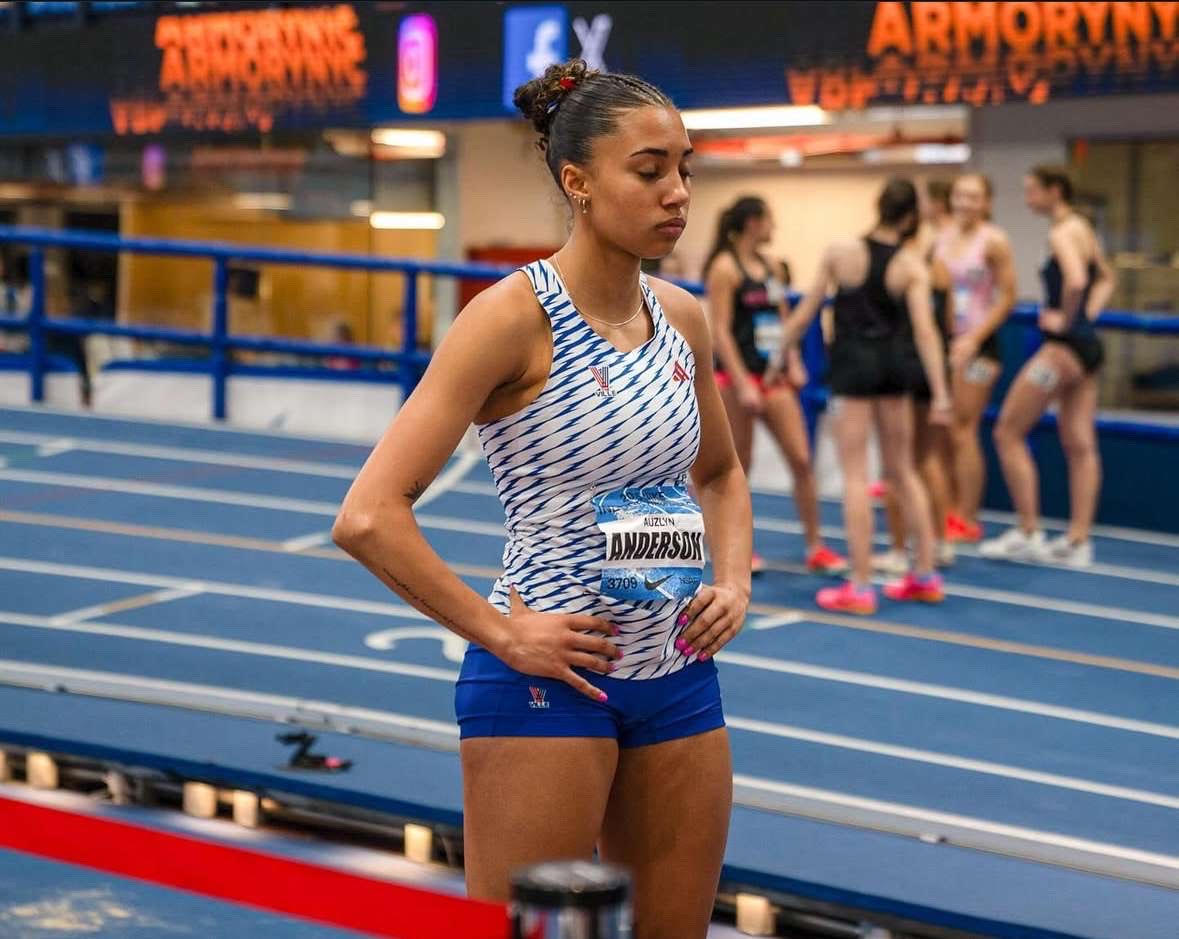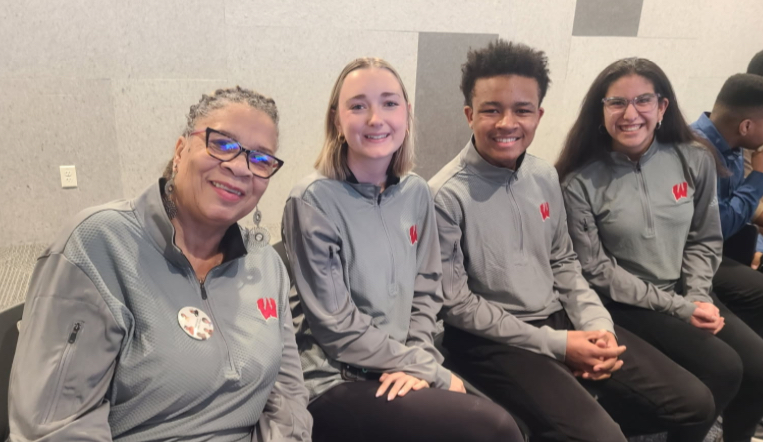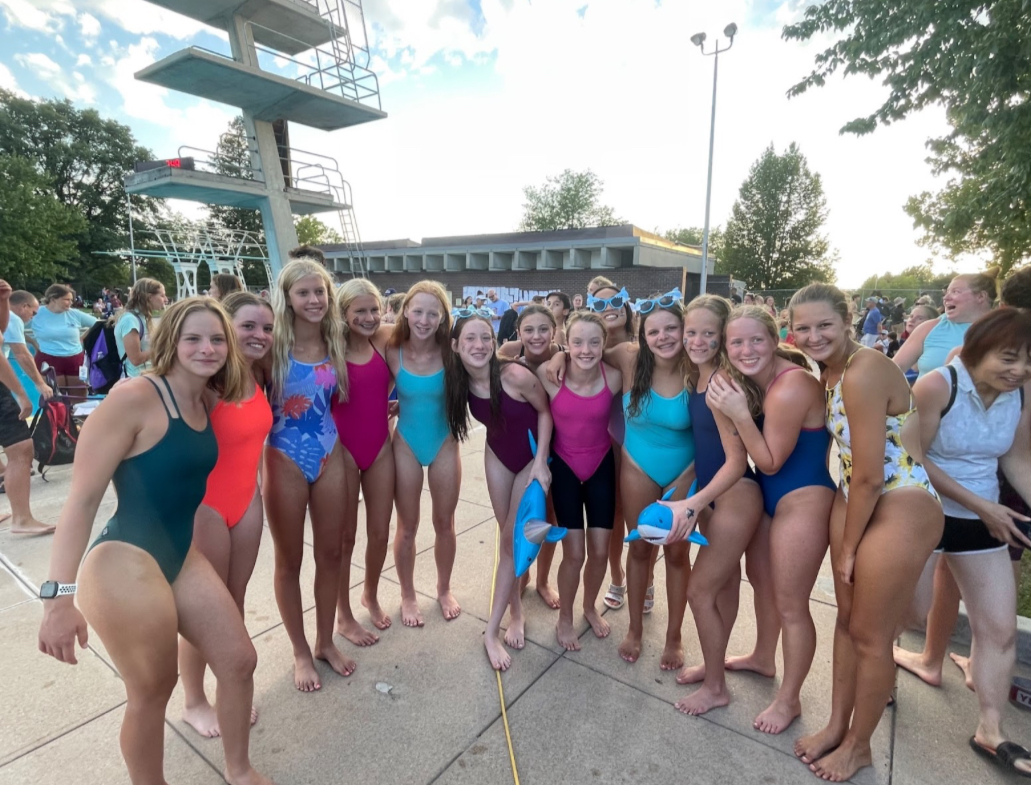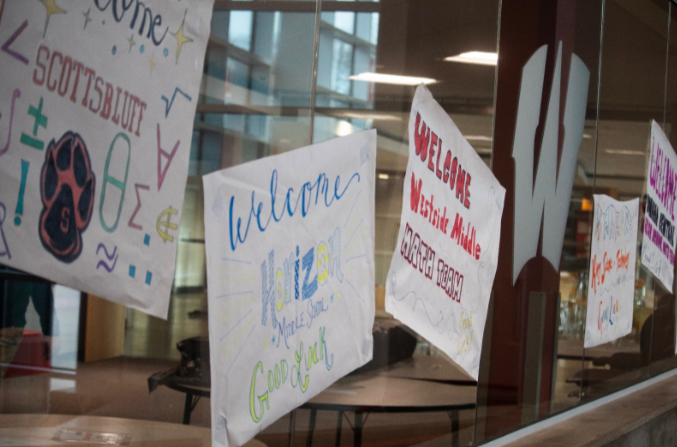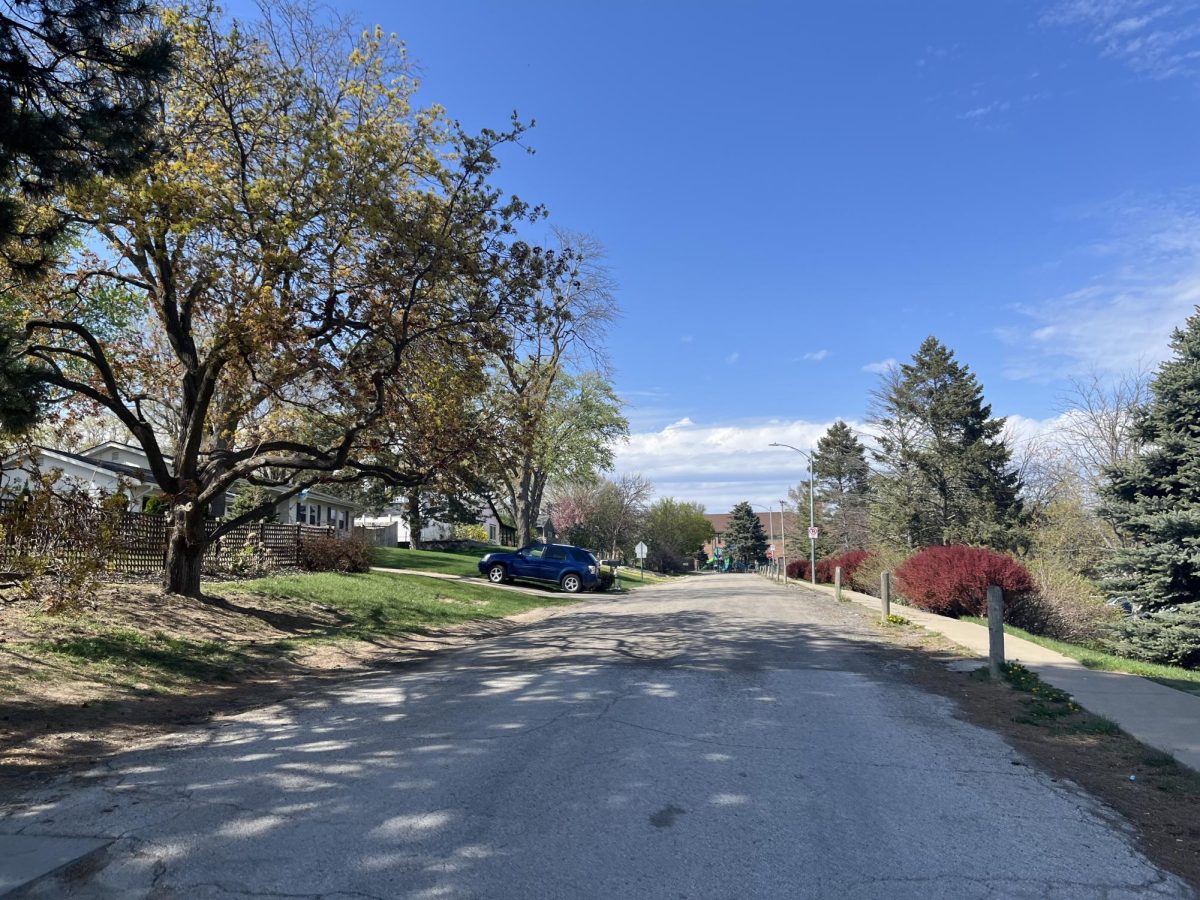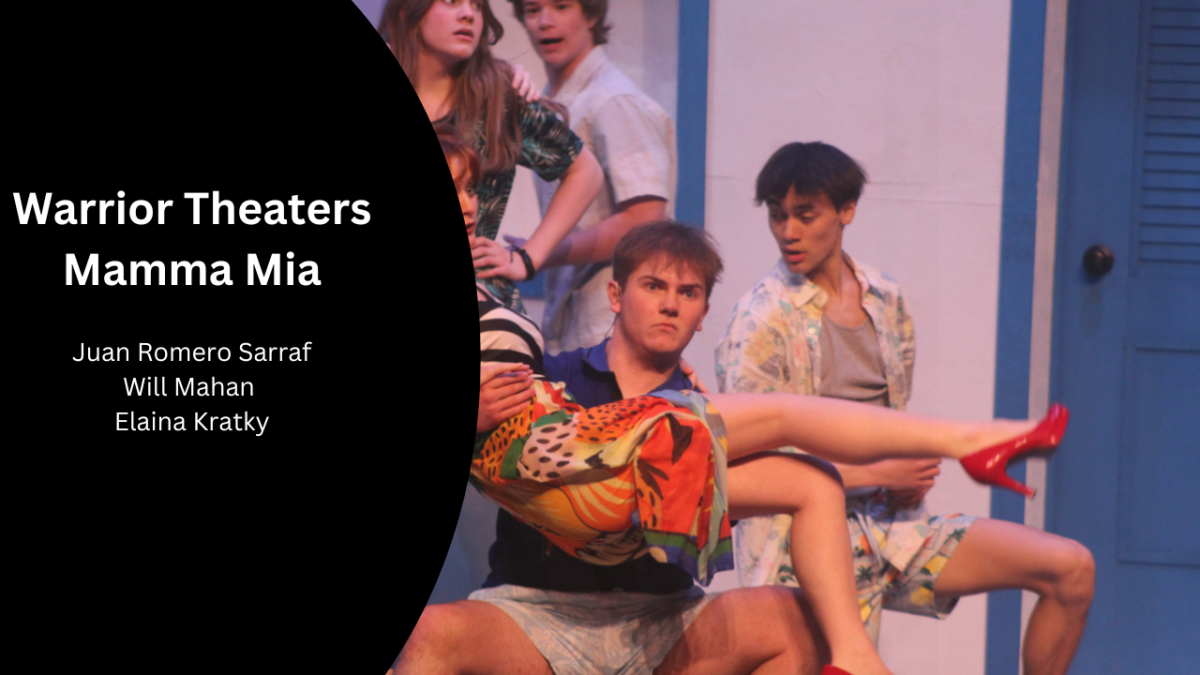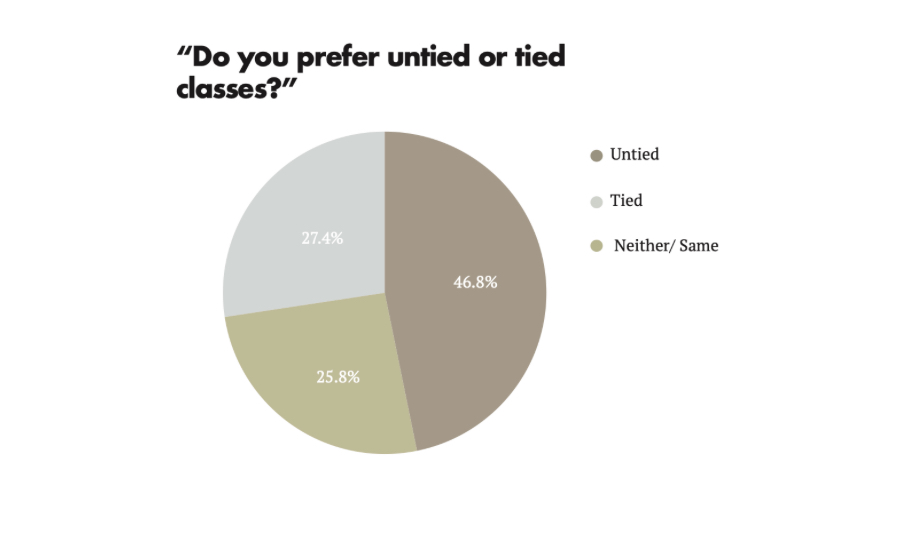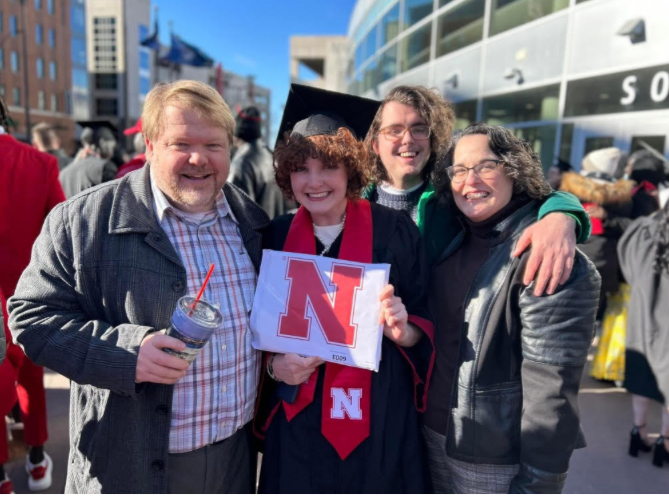On Saturday, Dec. 16, Westside High School’s Devised Theatre class put on a production of “How Did We Get Here?”, a play based on the life of Samuel Bak.
Bak, a Holocaust survivor, is known not only for his notable story of surviving the Holocaust, but also for his contributions to the world of art. His art is noted for its surrealistic qualities and, for many pieces, its deep connection to his past. Bak’s art is currently on display in UNO at The Samuel Bak Museum: The Learning Center.
Westside High School’s Devised Theatre class, in collaboration with the UNO Bak Museum, created and then fully produced “How Did We Get Here?”, which tells the story of Bak through the medium of theater.
The play follows Bak’s life in different stages. Audiences observe Bak at an early age experiencing the beginning stages of the Holocaust, and follow them through his journey during the war and his life after.
WHS theater teacher Jeremy Stoll was contacted, alongside other teachers in the Omaha area, by the Bak Museum as part of their initiative to get Bak’s story told in schools through different mediums. Stoll thought that it would be a perfect opportunity for his Devised Theatre class, which puts on their own production every fall semester.
“They were like, ‘Hey, we’d really like to collaborate with schools and come up with things to do together,’” Stoll said. “I thought, well, I’ve got a Devised Theatre class, I haven’t decided what we’re doing yet, and this would be great.”
Although Stoll directed the play, he did not have a heavy hand in the decisions that went into making the production come to life.
“It is a lot of the students’ ideas and work that gets incorporated into it,” Stoll said. “It took us probably three weeks just to figure out what the focus of the play itself was gonna be. So I mean, you literally start with a blank canvas and then you over time really kind of develop it. A devising director is not like a normal director where he’s telling people where to go and, and what to do and how to say things. They’re more just like an arranger; the students come up with all the stuff to arrange.”
Through this experience, Stoll hoped his students gained new confidence, both in their own lives and as young artists.
“I think it’s just a process of finding people. This is part of the reason that the class can be retaken for credit is because every single time you do this, you learn more about yourself, and learn more about the artistry,” Stoll said.
Senior Sam Bergman had similar feelings on the experience, having been involved with Devised Theatre for two years now.
“I do it because it gives a lot of creative freedom and power to the actors themselves,” Bergman said. “It builds a very big connection between us as a company, as people, [both] with each other and then to the show. We have a lot invested in it because we have quite literally built it from the ground up.”
Bergman saw this play as an important lesson to have shared among the community.
“There were a lot of valuable lessons learned,” Bergman said. “And in order to not make those same mistakes again, we have to keep reminding ourselves of the pain that was lived.”


